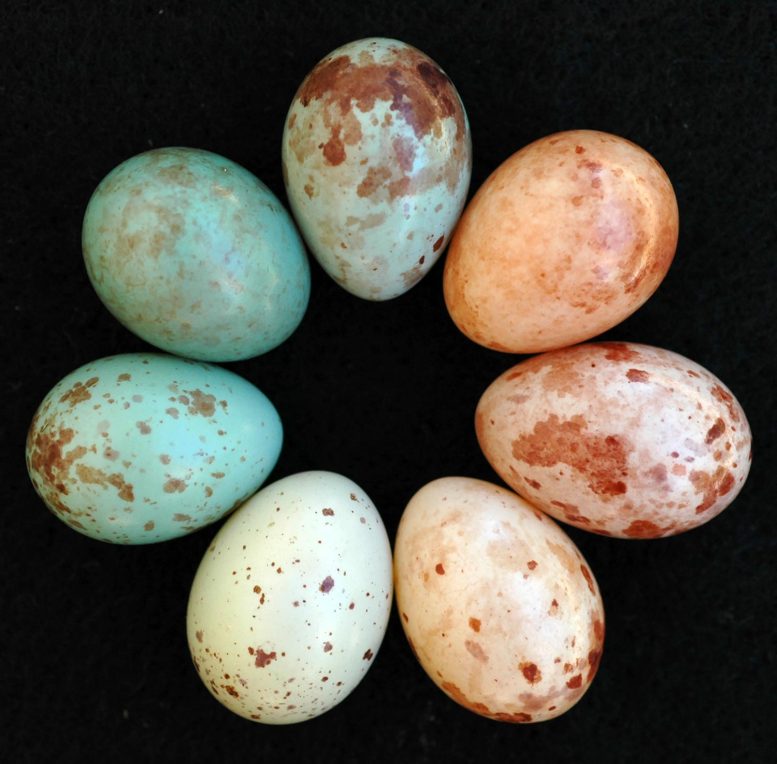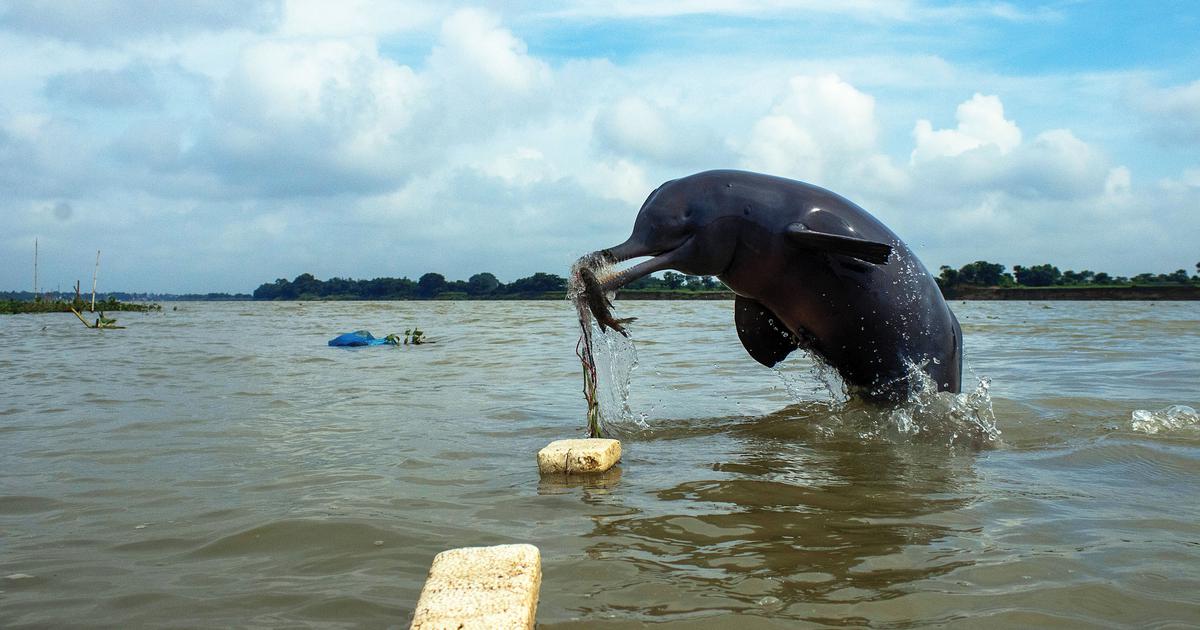
The frigid Svalbard archipelago in the Arctic Ocean, although kept largely out of the common public’s eye and attention, is hiding a major threat; and it’s not from polar bears outnumbering its human population this time (although we will keep a close eye on that, too).
A century of coal, hydrocarbon and scientific drilling had revealed that the cluster of islands has, underneath its permafrost, locked away millions of cubic metres of methane — a potent greenhouse gas with the potential to amplify the very warming that threatens its icy prison.
And now, new research reveals a disturbing truth: this trapped gas isn’t as confined as previously thought. It can migrate, potentially escaping its frozen seal and unleashing a vicious feedback loop that could not just accelerate warming over the planet, but inadvertently also lead to greater permafrost thaw in the region.
________________________________________________________________________________
Read Also: MILLIONS OF VEGETABLES THROWN AWAY AS LA…
_____________________________________________________________________________
Imagine Earth as a giant greenhouse. Sunlight bathes our planet, warming its surface. Some of this heat radiates back into space, but certain gases blanket the atmosphere, trapping some of the heat to create a warming effect necessary for life. However, an imbalance in these greenhouse gases — particularly the potent ones like methane — can lead to dangerous temperature spikes that can pose a significant threat to the life it enables.
Methane, the main component of natural gas, packs a powerful punch. Pound for pound, it is significantly more effective at capturing heat and over 80 times more harmful than carbon dioxide, the most common greenhouse gas you see climate experts worrying about. Methane being a significant player in regulating Earth’s climate, the UN specifies that we need to cut emissions by about 45% to help keep global warming under the stipulated 1.5°C.
For millennia, Svalbard’s permafrost — a type of icy ground cover that remains frozen below 0°C for two or more years — has acted as a natural cap, trapping methane released from underlying rock formations.
But this cap isn’t invincible, since permafrost is sensitive to temperature changes. As the planet warms, the permafrost will thaw, creating cracks and pathways for the trapped methane to escape. This is especially relevant in West Svalbard where conditions are warmer due to ocean currents, leading to a thinner permafrost, and hence, a lighter lock on its methane inmates.
________________________________________________________________________________
Read Also:3 UNDERRATED TIPS TO PREVENT HEART DISEA…
_______________________________________________________________________________
Discovering the lock
Sifting through Svalbard’s permafrost secrets to discover this fatal flaw wasn’t easy. Initial temperature readings were unreliable, muddied heavily by the heat the researchers had to use to drill into the permafrost to study it. What helped was to patiently monitor the decade-long changes in the drilled columns, such as the gradual accumulation of ice and gas. Ultimately, they found permafrost in nearly half of the 18 wells studied, and half of them were currently serving as a final seal over major methane deposits.
The researchers warn that a large-scale escape of methane from these deposits could contribute to the self-perpetuating feedback loop. This could significantly accelerate global warming, pushing the climate crisis into overdrive.
Fortunately, the good news is that the current leakage is minimal, meaning that we still have time to act. Heeding early warnings and taking decisive action is crucial to ensure the permafrost remains a frozen tomb for its trapped gas, not a catalyst for runaway warming.
NOTE – This article was originally published in businessinsider and can be viewed here
Tags: #arctic, #carbon, #climate, #climatechange, #climatecrisis, #climaterisk, #earth, #environment, #getgreengetgrowing, #globalwarming, #gngagritech, #greenstories, #nature, #ocean







